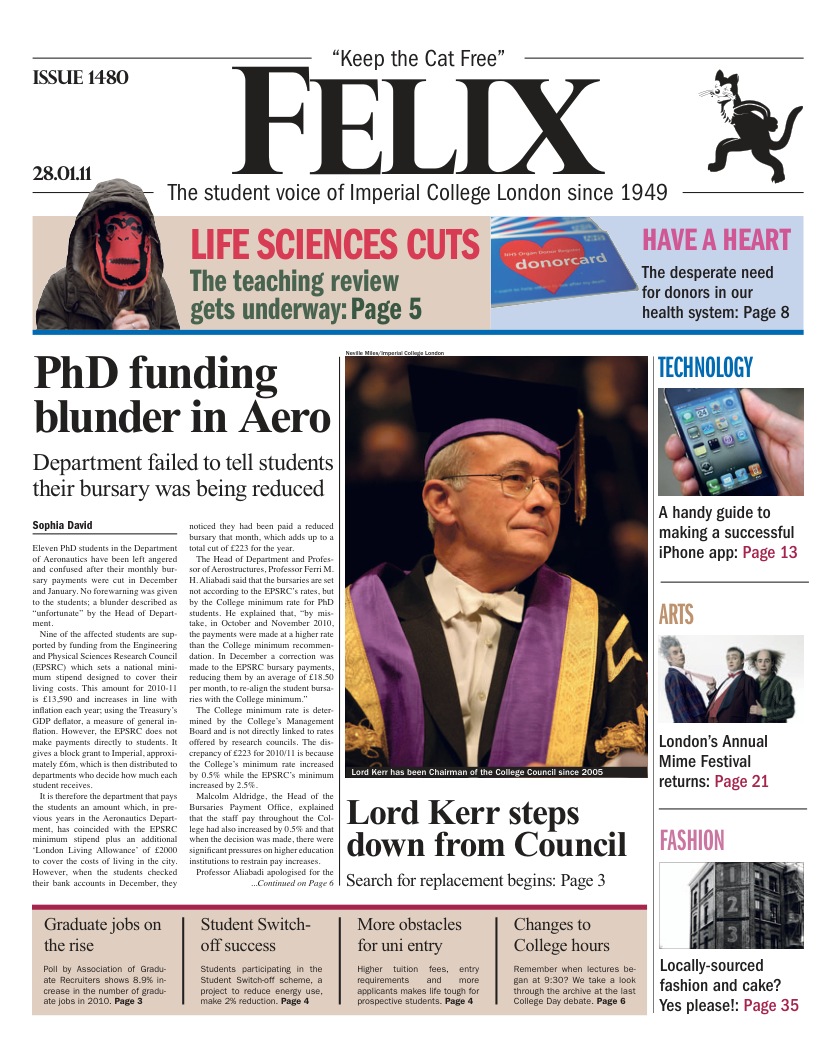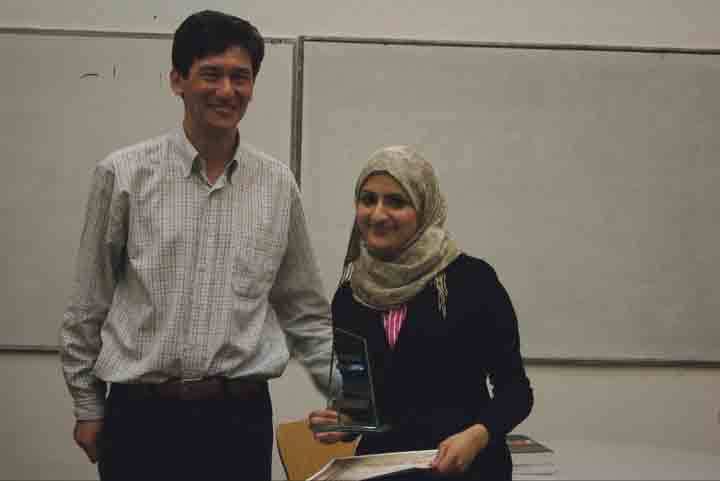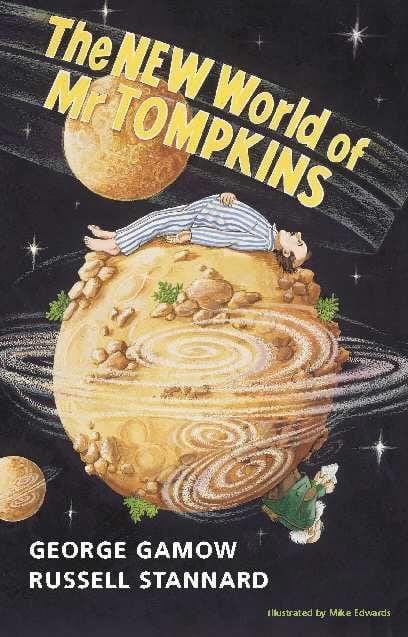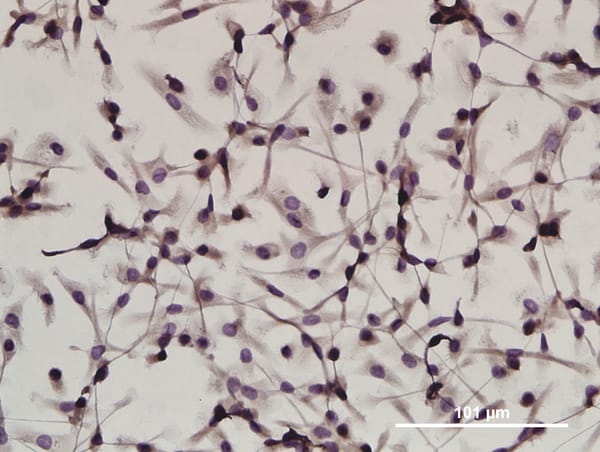Superfast genome sequencing on a chip
Affordable genome sequencing comes one step closer

The first step on a path that could lead to the sequencing of an entire genome in minutes has been developed by chemists at Imperial College London. A paper describing the prototype technology was published last month in the journal Nano Letters.
This innovation also means sequencing will become much cheaper, making it available to everyone.
It was ten years from the start of the Human Genome Project to the publication of the first draft of an entire human genome.
While things have moved on considerably since then, we’re still not at the stage where anyone can unlock the secrets of their DNA for a reasonable price. As it stands, the process can take weeks or months of continuous work to sequence all the DNA of an individual.
Current methods require several steps, including the breakdown and replication of the DNA, which is done by robots. The effort and time required means that the cost is prohibitively high.
The new technology in development at Imperial would streamline sequencing into a single procedure.
DNA is made up of around 3 billion base pairs attached to a sugar and phosphate backbone, arranged in a double helix. A base pair consists of two molecules bonded together — either adenine with thymine, or guanine with cytosine. DNA sequencing determines the order of these base pairs.
The new technology pushes a strand of DNA through a 50 nanometre wide pore in a silicone chip at high speed. When it leaves the pore, an electrical current passes through the DNA. From the resulting signal a computer determines which base pair has just passed through the nanopore. The speed at which it can do this means that, in theory, an entire genome could be sequenced within minutes.
Genome sequencing for all would have many benefits. It could mean custom drugs based on a person’s own DNA and would give individuals access to information about their susceptibilities to diseases such as Alzheimer’s. Fast genome sequencing would also benefit police who want a quick yet reliable way to profile DNA found at crime scenes.
The technology will require more work before it’s ready to sequence its first genome but Dr Joshua Edel, a co-author of the paper, is optimistic: “It should be significantly faster and more reliable, and would be easy to scale up to create a device with the capacity to read up to 10 million bases per second, versus the typical 10 bases per second you get with the present day single molecule real-time techniques.”
Dr Tim Albrecht, another author on the study, said that the next step was to create something that can determine between individual bases as opposed to just base pairs. He was cautious about the work ahead, saying: “I think we know the way forward, but it is a challenging project and we have to make many more incremental steps before our vision can be realised.”









